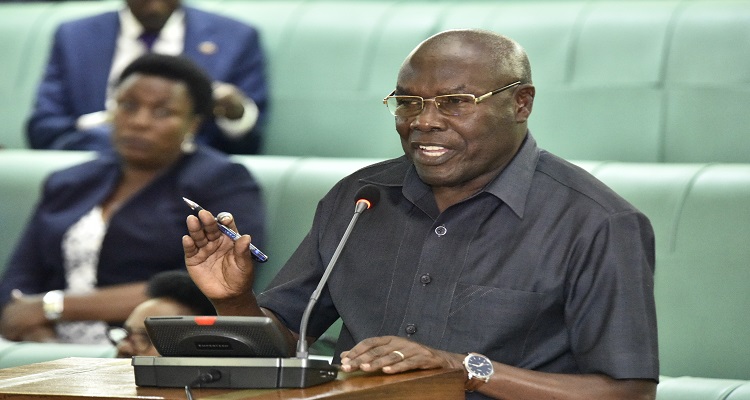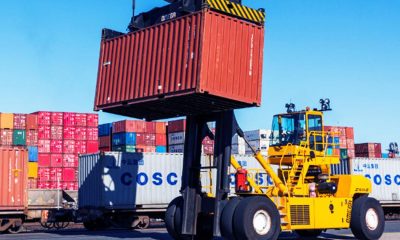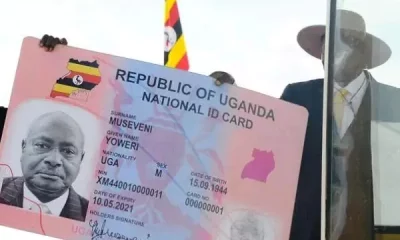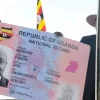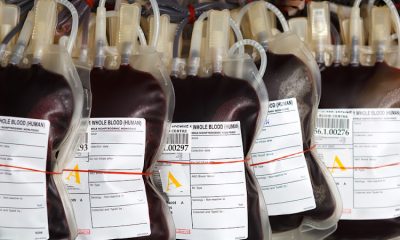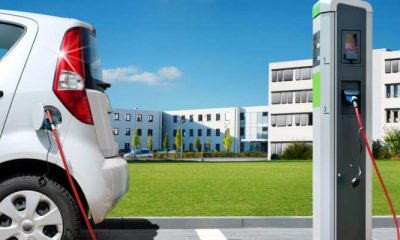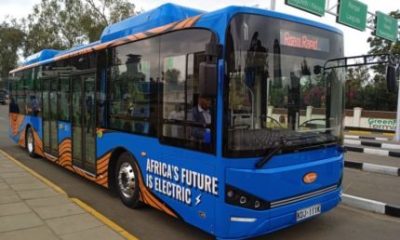Ugandan government emphasizes electric solutions to combat rising fuel costs
The Minister of State for Energy, Hon. Sidronius Okaasai, proposes a shift towards electric mobility as a permanent solution to the escalating fuel prices.
This announcement came in response to a report presented by MP Robert Ssekitoleeko on behalf of the Committee on Government Assurances and Implementation, which criticized the government for failing to stabilize fuel prices, resulting in the burden of high pump prices on Ugandans.
Hon. Okaasai dismissed the idea of fuel subsidies, citing the adverse consequences experienced by countries that have implemented such measures. Instead, he advocated for embracing electric alternatives, particularly products manufactured by the Kiira Motors Corporation, as a means to address the instability in fossil fuel prices.
The government is actively exploring e-mobility initiatives, including electric buses developed by Kiira, and planning the establishment of a comprehensive charging infrastructure across the country, aligning with their electrification strategy.
Concerning fuel reserves, Minister Okaasai revealed that the current stock could sustain the country for only three days, extending to ten days with additional reliance on private sector reserves. However, efforts to increase government reserves to a 10-day capacity have been hampered by the Finance Ministry’s failure to release the approved US$30 million budget for this purpose.
Hon. Mathias Mpuuga also criticized the government’s passive approach and its tendency to attribute fuel price fluctuations solely to external factors. He emphasized the importance of petroleum products as a matter of national security, stressing the need for government intervention to ensure economic stability.
Minister Okaasai also mentioned that the government intentionally grants licenses to numerous small fuel stations to counter the dominance of two multinational energy giants in the market, promoting competition.
Several Members of Parliament voiced their concerns and suggestions regarding the rising fuel costs. Some argued that besides international factors, local elements contributing to price increases should be addressed. Others called for a revision of taxes on petroleum products and expressed suspicions of cartel activities influencing fuel price fluctuations.
